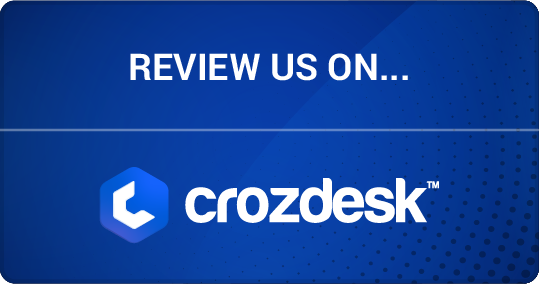Navigating Hybrid Work (On-Demand Webinar)
Catch the replay of the very interesting conversation between James McHale, Memoori Research, and Asaël Akkerman, Spacewell.

Complete the form to watch this exclusive 30-minute webinar on hybrid work strategy:
Are you looking for insights to build an effective hybrid work strategy in your organization? Then don’t miss out on the opportunity to learn from these industry experts and benefit from their expertise in this webinar:
- An inconvenient truce! At the heart of hybrid work lies an inconvenient truce. Managers, who tend to favor a return to the office are in a tug of war with employees, who frequently favor the flexibility afforded by remote work. Champions of a return to the office highlight the benefits of face-to-face interactions and physical collaboration. Conversely, proponents of a remote-first approach argue that clinging to the past neglects the efficiency and flexibility of remote work. While the average remote work ‘allowance’ for employees is around 2.5 days, the actual return to office rate generally remains lower at 2 days a week (41% occupancy) according to occupier research by Urbanite Advisors.
- The Office Space Dilemma. While there has been a steady increase in the number of workers returning to the office in recent months, some startling projections from industry leaders point to worrying prospects in relation to future demand for office space. Real estate giant Cushman & Wakefield, for example, predicts 1.1 billion square feet in vacant office space; the Boston Consulting Group talks of ‘zombie buildings’; and Leesman, a research company that measures and analyzes workplace experience, says FM is on ‘cliff edge’ as office space becomes less needed.
- Charting Your Own Course. Our white paper on hybrid work strategy argues for an alternative path. Instead of advocating for polarized views, we present a nuanced, adaptable, and transformative framework that empowers organizations to chart their own course. This framework allows organizations to reclaim agency over their own destiny, leveraging data and technology to make informed choices that align with their own unique circumstances.





